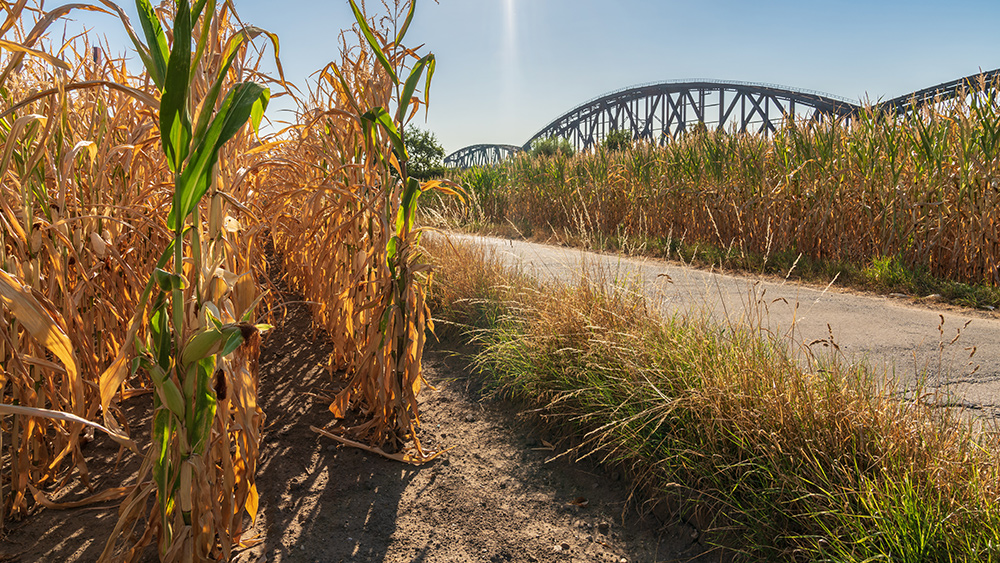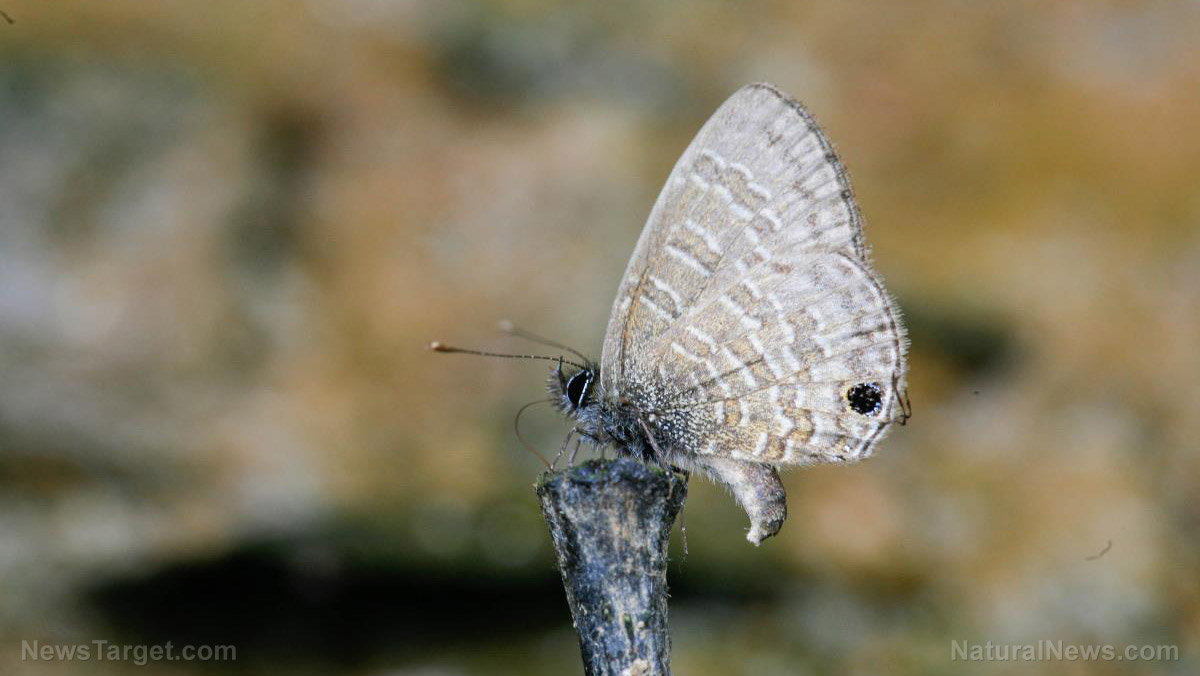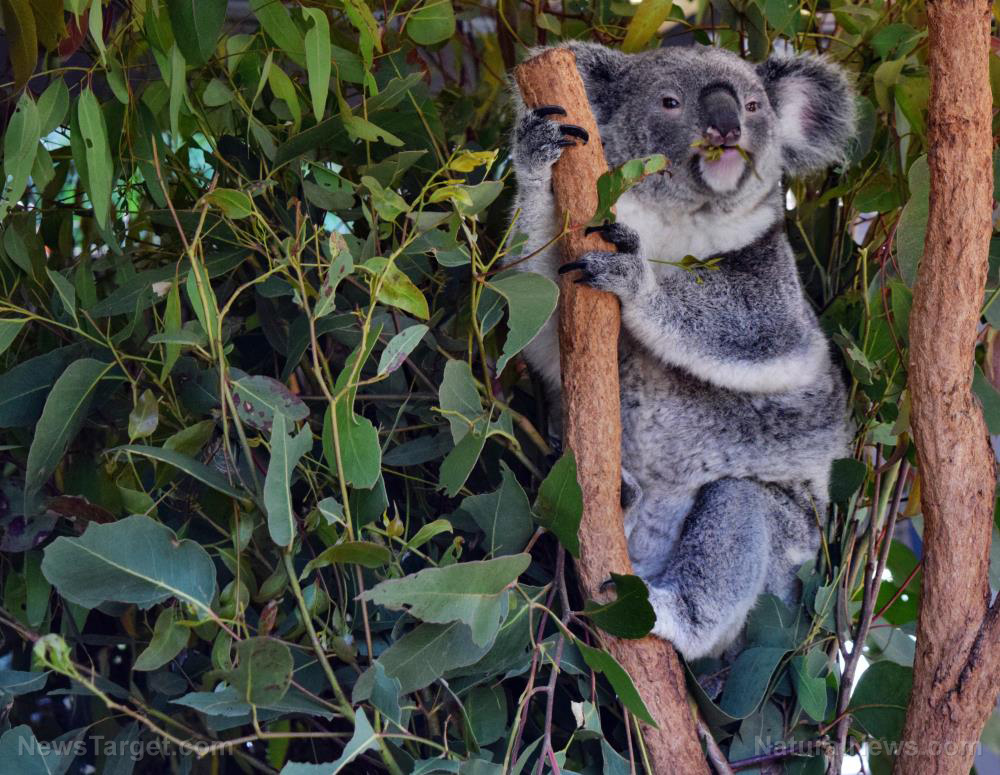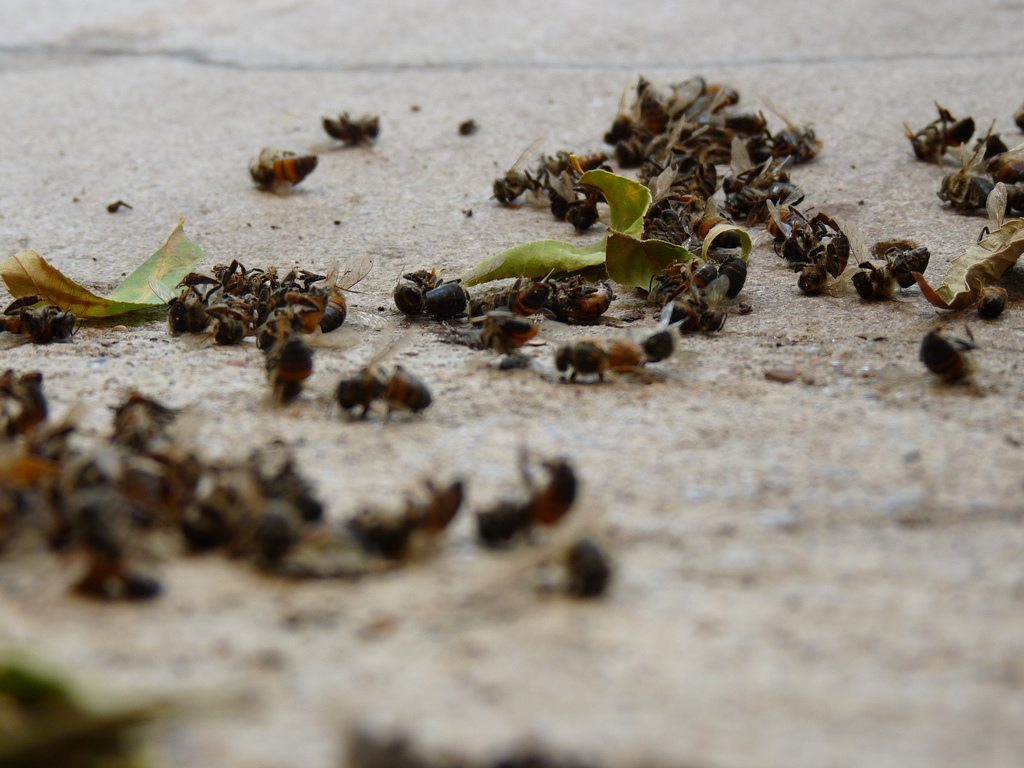
"Bleaching" is a phenomenon wherein coral polyps expel the zooxanthellae or algae living inside their tissues. This causes the coral to lose its color and turn white, hence the term bleaching.
Experts say this usually happens because of several triggers, such as pollution, bacterial infection, changes in salinity, exposure to oil and chemical spills, erratic temperatures and sedimentation. In a stable environment, coral polyps live in an endosymbiotic relationship with algae, which provide up to 90 percent of the coral’s energy.
In 2016, bleaching on the Great Barrier Reef killed between 29 and 50 percent of the reef's corals. In 2017, the bleaching extended into the central region of the reef system.
According to the World Wide Fund for Nature - Australia (WWF), while corals are “incredibly resilient” creatures, their full recovery can take decades.
The largest coral system on the planet, the Great Barrier Reef is composed of over 2,500 individual reefs and 900 islands. The reef, located in the Coral Sea off the coast of Queensland in Australia, stretches for over 2,300 kilometers over an area of approximately 348,400 square kilometers.
It also serves as a marine sanctuary for over 4,000 mollusk species, 1,500 species of tropical fish, 400 species of corals, 125 species of sharks, 30 species of whales and dolphins, and six species of marine turtles. It also serves as a home to dugongs, as well as saltwater crocodiles and sea snakes.
The United Nations Educational, Scientific and Cultural Organization (UNESCO) placed the Great Barrier Reef on its list of World Heritage sites in 1981. In recent years, however, the organization has registered official "concern" about the reef's condition. According to a report by the Guardian, the organization may potentially place the reef in its “In Danger” list as it reviews the area in June during a meeting in China. (Related: Hope for reef fish: Ocean currents bring food to fish populations in damaged coral reefs.)
"The Great Barrier Reef is on a knife-edge," Richard Leck, head of oceans at WWF-Australia, said in an interview with The Guardian. "We will know in the next couple of weeks whether we now have a mass coral bleaching event for the third time in only five years."
Terry Hughes of the ARC Centre of Excellence for Coral Reef Studies at James Cook University said that another major bleaching event would be a further blow to tourism – a major contributor to the region’s economy.
According to the Great Barrier Reef Marine Park Authority, the reef earns over 5.6 billion Australian dollars from tourists every year.
All is not lost
While the Australian Marine Conservation Society (AMC) confirms a 2019 report by the Australian government that described the Reef’s status as being “very poor,” it says the situation can still be reversed – if it gets support from both the government and private individuals and groups.
According to the AMC, the problems surrounding the Great Barrier Reef can be solved by addressing several key issues such as poor water quality and fishing.
AMC, in a statement, said the Queensland and Australian Governments should commit to fully funding the implementation of new regulations aimed at improving water quality in the Reef. Not only that, but it must also take necessary steps to reduce pollution, as well as conduct reforestation programs focusing on key habitats like riverbanks and wetlands.
Another key factor in re-establishing the Great Barrier Reef, according to AMC, is the establishment of healthy populations of sharks, as well as the reduction or elimination of the incidental capture of endangered Reef wildlife such as inshore dolphins, sawfish and dugongs.
“The Australian people want the Federal Government to protect the Reef,” the AMC said.
“The time to do so is now.”
Sources include:
Please contact us for more information.























